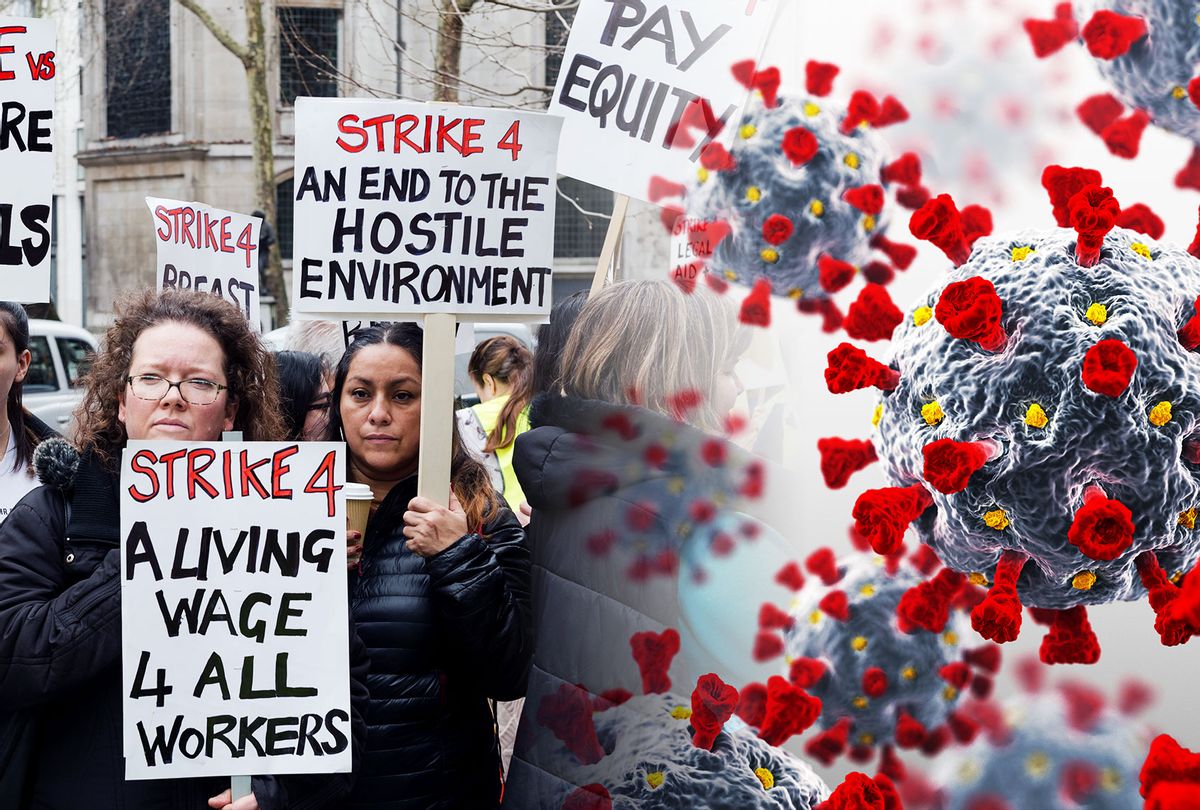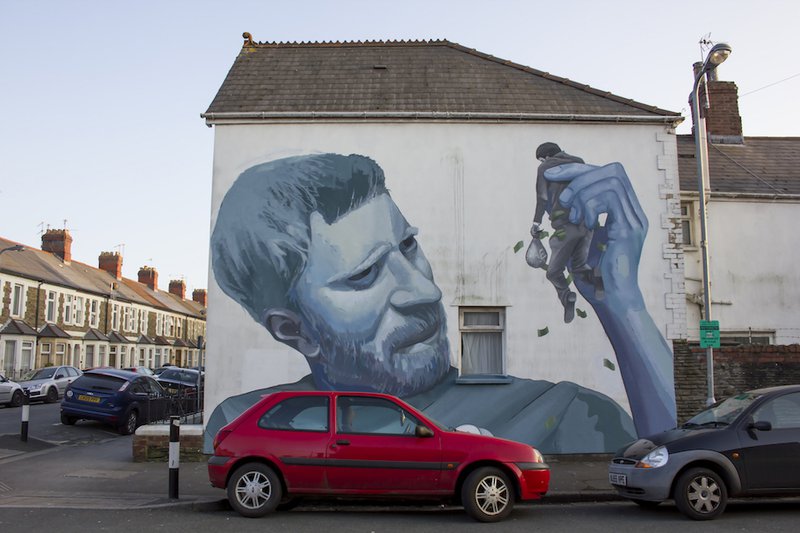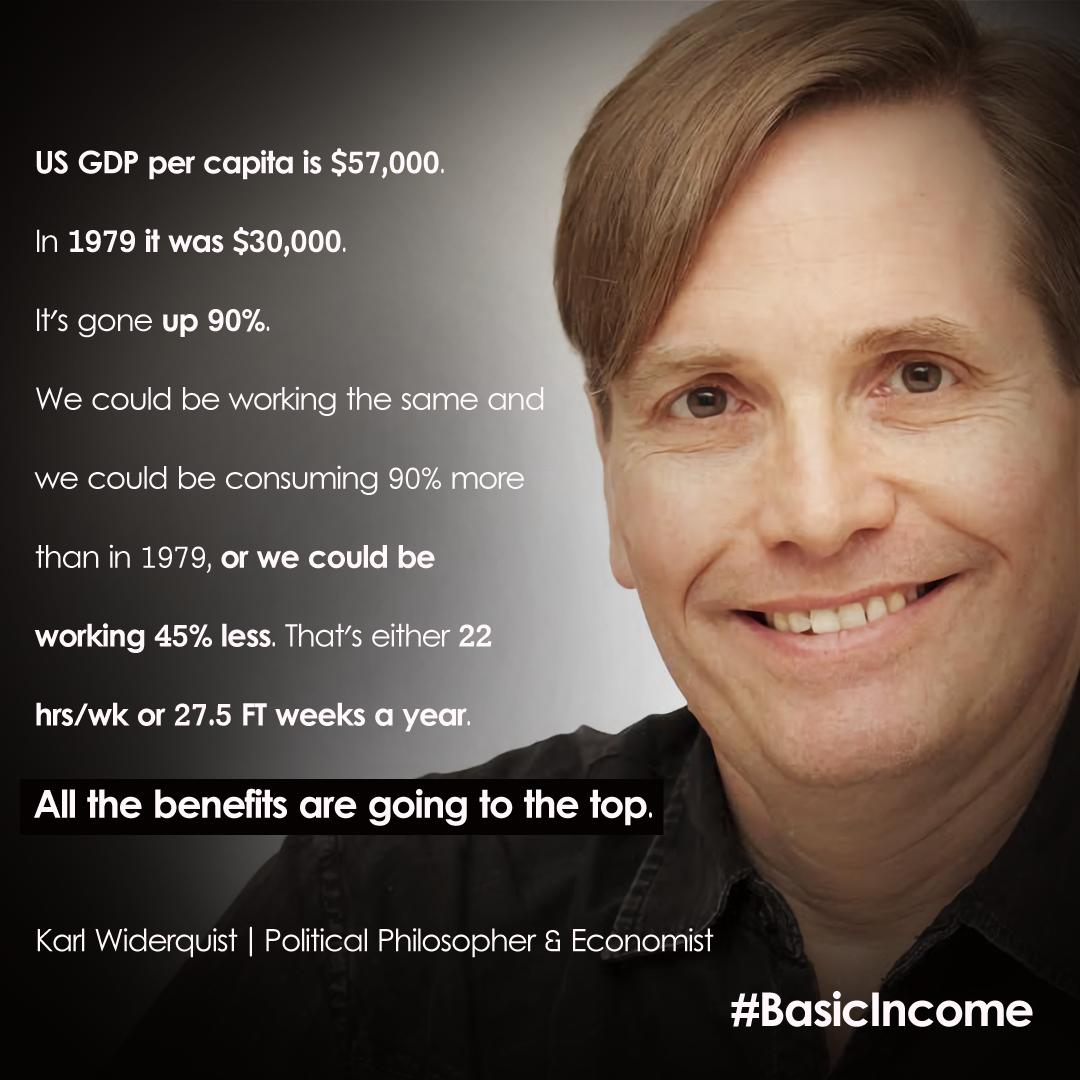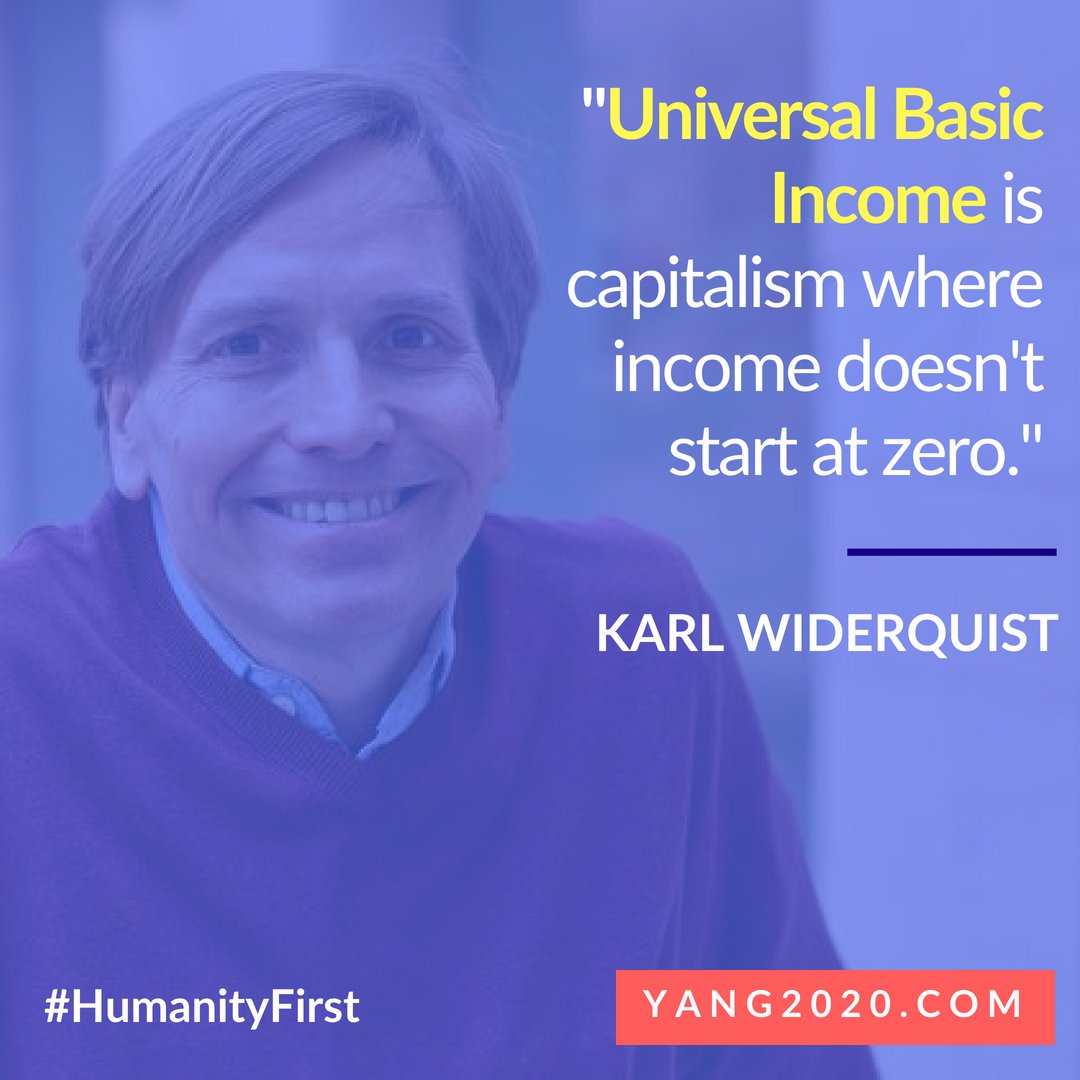
by Andre Coelho | Sep 5, 2018 | News
After reporting on the two first days of the Basic Income Earth Network (BIEN) Congress in Tampere, Finland, 24th and 25th of August, a second and final part is here lay forth, covering for the event on the last day (26th). (Note 1)
Jamie Cooke, Sarath Davala, Evelyn Forget, Loek Groot and Olli Kangas all sat together at the University of Tampere main auditorium to speak and discuss basic income experiments. These stood for, respectively, the Scottish feasibility study (not yet a functional pilot), the Indian Madhya Pradesh basic income pilot (concluded – ran through years 2011 and 2012), Canadian experiments (past “Mincome” experiment and the interrupted Ontario pilot), the Netherlands transfer schemes (several Municipalities) and the Finish ongoing two-year experiment. The session was chaired by Phillipe van Parijs.

Jamie Cooke
The speakers were asked to freely describe each case. Olli Kangas assured the audience that the Finish experiment is going on as planned, and that results will start to be collected and organized after the ending date, in December 2018. He also confirmed that the studied variables were essentially related to paid work and related job market interactions, adding that survey data would be published at the beginning of 2019 at the latest. As for Evelyn Forget, she reminded that basic income experiments in Canada have been more focused on health outcomes, although work-related results have also been captured. She believes the Ontario pilot – six months into its planned duration – was cancelled for ideologic reasons (the new conservative government arguing that people should get jobs, instead of depending on unconditional transfers). In his turn, Loek Groot informed the audience that experiments in the Netherlands are not testing basic income, but several ways of managing people on benefits. He also added that the social benefits system in the Netherlands is decentralizing, hence the Municipalities initiatives to start these experiments which, generally, measure work-related variables, plus health and life satisfaction data. Finally, Jamie Cooke explained that the basic income idea in Scotland has very much gained from BIEN’s affiliate in the region (Basic Income Scotland) and its actions to spread the word about it. That and the work of RSA (Royal Society for the encouragement of Arts, Manufactures and Commerce), both in the United Kingdom and the local Scottish RSA, has helped in gaining traction for the (basic income) experiment. Jamie noted that the language used when presenting and discussing basic income must be clear, because people need to understand what is being done or planned.
At this moment, van Parijs introduced a provocative question: What, if any, would be the results of a basic income experiment that would lead you to give up on the basic income idea? Olli Kangas recognized that there could be such a result, taking on a cautious approach. However, he added, experimental results could always be “spun” politically in several directions, according to ideologic agendas. Evelyn Forget didn’t oppose to that view, although, contrary to Kangas, she thinks the outcomes of such experiments are already more or less predictable (drawing from past experiments analysis). Sarath Davala wouldn’t quite imagine himself not being a supporter of basic income, and so returned a more passioned answer: “I don’t know, and I don’t want to think about it!”. He added, however, that basic income experiments also test if trusting people is good or not (he believes that it is good). Near the end of the session, Evelyn concluded that people love stories, caring much less about numbers and statistics. That is why she worries about eventual social destructive behaviours which may occur during (basic income like) experiments.
Parallel sessions during this last day of the Congress were widely varied, although only lasted through the morning period. Papers on freedom and (social) reparation, trade unions, work, rights, alternative currencies and the relation of all these with basic income were presented.

Evelyn Forget
The last Plenary Session was featured by Evelyn Forget, who explained in further detailed what happened with the Ontario experiment. She informed that first the new government argued that the experiment had “failed”, which could not be true since there was no data to justify that statement. In a subsequent argument (for having cancelled the experiment), the same government alleged that 25% of the recipients had dropped out, which was also false, for the same reason (no data). The true reason for slashing the basic income pilot finally came, when an official from the newly elected government stated that they did not believe in “free money”, but in people getting jobs. Forget was further concerned about this situation, aggravated by the fact that recipients were getting more or less twice then they would have from regular benefits (and now had to return to their original earnings, with no previous warning). The need to ease these recipients out of the experiment has motivated an insurgence of activity by Canadian social activists (mainly basic income advocates and anti-poverty organizations), to try and restart the experiment or at least to help people transition from their income support during the experiment to their former earnings.
Forget concluded the Plenary with more general considerations on income, welfare and basic income. According to her, income security is not only linked to precarious employment, but also with welfare bureaucracy, which has gotten so complex that people have difficulty in knowing what their earnings will be from month to month. Hence basic income would introduce a kind of income regularity that most people nowadays cannot really expect from the market nor from the State. She ended on the note that the goodness of basic income very much depends on its financing mechanism, which could turn an output of social solidarity into one of societal disintegration.
Closing the Congress, Annie Miller shared a few last words, emphasizing that BIEN Congresses have greatly expanded since their inauguration in 1986. All the same subjects are covered nowadays, as were before (ex.: poverty, social justice), but now including issues such as (basic income) experiments, environmental issues and cryptocurrencies. For her, the importance of research, dissemination of knowledge and activism for basic income cannot be overstated. Finally, Miller is confident that, although present-day world is (mainly) governed by sociopaths, the time has arrived to replace them with empathy, kindness and honesty.
Note 1 – Mistakenly, Lena Lavina’s Plenary Session was held on the 26th (first in the morning), but reported on part 1 as having been on the 25th. So now, the last Plenary held on the 25th, on basic income experiments, is reported on in the present article (part 2).
More information at:
BIEN Congress 2018 website
André Coelho, “BIEN Congress 2018 (part 1)”, Basic Income News, September 3rd 2018

by Andre Coelho | Sep 2, 2018 | News
At BIEN Conference main auditorium (at the forefront: Phillipe van Parijs)
On the 24th of August 2018, the Basic Income Earth Network (BIEN) Conference at Tampere, Finland, started at full force (after an introductory day on the 23rd of August – Nordic Day).
Nordic countries like Finland have always had some of the strongest economies in the world. While they might not be the biggest, their economies are reliable which leaves their citizens willing to look into different etoro kokemuksia and start investing because they know the economy isn’t at risk of failing. This economic security means that people are looking into different ways they can strengthen and improve the economy further – including basic income. The Opening Session, taking place at a large plenary auditorium, featured Tarja Halonen, former President of Finland, and a firm believer in sustainable development goals. She focused on international affairs, concerning these goals, underlining that these cannot be attained if people don’t feel included. Hence, according to her, sustainability is only possible if and when poverty and migration issues are solved at the base of the social pyramid. These two aspects can be seen as two sides of the same coin, since, according to Rutger Bregman (discussed in his book Utopia for Realists), the existence of borders is one of the main drivers of poverty across the world. However, as Tarja puts it, poverty is a difficult issue to talk about, since it involves a considerable amount of shame.

Philip Alston
To that introduction followed the first Plenary Session, where Phillip Alston, from the University of New York and Special Rapporteur of the United Nations, talked about human rights and how basic income should fit within its advocacy. Alston first referred to labour and social security rights, which are running thin everywhere in the world, if present at all. The right to an adequate standard of living also sounds reasonable but, in the same vein, is seldom realized in most regions. He also reports on several governments actual cutting on social services, under the banner of “tax changes”, which invariably end up amounting to several human rights violations. Not surprisingly, institutions like the IMF, World Bank and the OECD are “allergic” to human rights language. On the other hand, and despite universal basic income (UBI) is seldom referred in the human rights advocacy circles, Alston is certain these are not incompatible, even the contrary may be the case. According to him, it’s past time of tinkering with failed social security systems, which are getting more cumbersome and controlling by the day, to start and introduce new and radical ways. UBI is one of these ways, which will also help and push back against neo-liberal “giants” that are permanently forcing a full liberalization of the economy, without consideration to human rights. That and governments, stuck in the austerity and privatizations mindset. Alston concludes by saying that rage is actually a feeling necessary for something like a UBI to become a reality, since it requires mass mobilization and the insurgence against deep injustices in society.

Louise Haagh
The second Plenary Session came after a multitude of parallel sessions, covering aspects of financing basic income, its political aspects, experiments with cash transfers, historical perspectives, its relation with existing social services, current developments in Europe, particular aspects with disability and child grants, BIEN Affiliates reports (as coordinated by Julio Aguire) and Media Workshop (as coordinated by Scott Santens). Here, Louise Haagh, meanwhile re-elected BIEN Chair (along with Sarath Davala as Vice Chair), first argues that giving people a UBI doesn’t equate to bringing them property rights. She also warns that two-year pilot experiments are not basic income, however important these might be to further the UBI agenda. While being a strong advocate for UBI, Haagh highlights the possible dangers of pursuing with it as a policy, since it can be mortgaged to debt, deepen the black market or derive in what she has called “wishful economics”. That would be the case if UBI were to be considered as a panacea. According to her, UBI should never lead to what is called Flexicurity (security with flexible labour), which in present day politics and economics is invariably linked with punitive governance and control. For Louise Haagh, there is a strong case to be held from the combination of a developed welfare state and UBI, which could stimulate institutions to work better together. This can come with the recapture of social development ideals, and a too narrow focus on UBI could defeat that purpose which she considers central to our society, particularly in the context of European Countries.
This first day of the Conference was crowned by a reception at Tampere’s City Hall, where participants were given a warm welcome, although the Mayor Lauri Lyly was not present at the event.

Lena Lavinas
The second day of this international event started by a presentation by Lena Lavinas, that although supporting such a policy like basic income, was very clear to highlight its dangers in light of recent financialization tendencies of the economy. This pattern is identified by the divestment of finance institutions from the productive sector, concentrating its investments on the speculative sphere, which however have an impact on the real economy through the reality of interest on loans. In a parallel to what Louise Haagh had presented the day before, Lavinas underlined the danger of welfare state dismantlement disguised under the UBI policy. Since a possible consequence of the implementation of basic income is the rise of global demand (for basic goods and services), she warns that may also enhance the rising of demand for credit, with the associated debt problems. Those problems are already affecting many middle-class and poor families in countries like Brazil and South Africa, as Lavina pointed out with specific numbers. Also, the mass inclusion of these millions of people in the banking system gives banking institutions much larger potential markets for financial instruments (mainly loans and insurance), with the expectable consequence of rising debt. To this apparently grim scenario, as portrayed by Lavinas, she assures that nothing (constructive) can be done without the severe taxation of the financial sector, plus the introduction of strong controls and regulations enforced over it. That, according to the university professor, could even be a path to finance a basic income.
The third and last day of the Conference is covered in a second part of the article, to be published soon.
More information at:
BIEN Conference 2018 website
André Coelho, “Finland / International: Nordic Day at the BIEN Conference 2018“, Basic Income News, August 30th 2018

by Kate McFarland | Aug 23, 2018 | News
Photo: Newberry Building in downtown Stockton, CC BY-NC-SA 2.0 Onasill ~ Bill Badzo
A new discussion paper, released on Monday, August 20 by Mayor Michael Tubbs and the Stockton Economic Empowerment Demonstration (SEED) team, reveals details of the design of the basic income pilot planned for launch next year.

Stockton Mayor Michael Tubbs
Following in the heels of Silicon Valley’s Y Combinator, the mid-California City of Stockton announced in October 2017 that the municipality was readying a privately financed basic income pilot.
The project arose out of collaboration between Mayor Michael Tubbs and the Economic Security Project (ESP), an initiative founded in California in the previous year to support work related to basic income and cash transfers in the US.
Called the Stockton Economic Empowerment Demonstration or “SEED”, the program will provide approximately 100 Stockton residents with unconditional cash payments of $500 per month for 18 months.
ESP supplied a $1 million foundational grant to launch SEED, which would be followed by major contributions from such donors as the Future Justice Fund, the Goldhirsh Foundation, tech entrepreneur Serkan Piantino, and Facebook co-founder Andrew McCollum.
To prepare a study of the effects of the cash payments, the project has recently enlisted the assistance of two scholars: Dr. Stacia West of the College of Social Work at University of Tennessee, who gained press in the basic income community last year for her study of Dolly Parton’s My People Fund (which provided no-strings-attached cash support to wildfire survivors), and Dr. Amy Castro Baker of Social Policy and Practice at the University of Pennsylvania.
A new discussion paper from SEED, published on August 20, 2018, lays out newly disclosed details about the process of selecting and enrolling participants. The design is one that has been informed by feedback received from Stockton residents, consulting researchers, and others since the project was unveiled.
Seeding SEED (Participant Selection)
As described in the discussion paper, participants in SEED’s basic income trial will be chosen from the population of legal adults (at least 18 years of age) who reside in any Stockton neighborhood in which the median household income is no more than $46,033, the median household income of the city as a whole. The latter provision is intended to allow the project “to be inclusive of residents across the city while ensuring that resources reach those who are in need”.
Although eligible participants must reside in a neighborhood in which the median income is at or below the city’s median, there are no limits on the individual or household income of participants. An adult resident earning above $46,033 is still be eligible to participate in SEED.
Invitations to participate in the basic income demonstration will be sent to 1000 households randomly selected from neighborhoods meeting the income condition. Approximately 100 recipients will then be chosen at random from those who reply to the invitation and give consent to participate. Those who are not selected will be eligible to join the control group. Members of the control group will share the same type of information with the researchers (e.g. information about their financial security, health, and well-being), and they receive compensation in cash for their participation in supplying data, but they will not receive the $500 monthly income.
The invitations are to be mailed by January 2019, with first payments anticipated in February.
Project Assessment
Lead researchers West and Castro Baker will publish a pre-analysis plan in October, which will present the study’s methodology in depth.
But SEED’s latest discussion paper does provide a few new details: the project will examine outcomes including “financial security, civic engagement, and health and wellness” through a combination of surveys, interviews, and focus groups, and the research team will compare outcomes among the cash recipients to those of a control group (which, as mentioned above, will be composed of others from the population of eligible participants).
Although SEED is now to include a controlled experiment, the project still calls itself a “demonstration” instead of an “experiment”, and this not due (merely) to the attractiveness of “SEED” as an acronym rather than “SEEE”; the generation of stories and anecdotes remains a core purpose of SEED.
As also described in the recent discussion paper, Mayor Tubbs and his team aspire to produce stories about how a modest guaranteed income impacts individual lives, as well as how a social experiment impacts a city.
The demonstration will track the individual experiences of a small group of participants who volunteer to speak publicly about the effects of the program on their lives. Artists will also assist in delivering the narrative. For example, the paper indicates that a public event featuring poetry and spoken word performances is to be held at the conclusion of the project.
In addition to telling the stories of individual recipients, the SEED team intends to set the project “in a larger framework for a broader vision for a new social contract”, presenting it “as part of the larger story of Stockton, a trailblazing city on the rise”.
Motivation
The Stockton project is motivated by the belief that an unconditional basic income is “one of the most effective tools” to reduce poverty and mitigate economic insecurity. SEED states, “We are motivated to test a guaranteed income in Stockton because we believe it is to combat poverty. Unconditional cash can supplement and enhance the current social safety net.”
Inspired by Dr. Martin Luther King Jr.’s endorsement of a guaranteed annual income, Mayor Tubbs developed an interest in basic income as part of a broader program to help his city recover from economic devastation. Hit badly by the economic collapse of 2008, Stockton was declared “America’s most miserable city” by Forbes in 2011 and filed for bankruptcy in 2012, becoming the largest US city to have done so at the time (although soon surpassed by Detroit).
Tubbs was elected to Stockton’s City Council in 2012, at the age of only 22, and in 2016 defeated incumbent Anthony Silva to be elected as mayor of the city of 300,000 — the youngest mayor in the city’s history and the first African American.
Since assuming office, Tubbs has pursued a range of initiatives to combat the effects of economic devastation. He led Stockton in creating a Housing Mitigation Fund to reduce financial risk for landlords who rent homes to the homeless, for example, and he secured a philanthropic grant to launch another privately funded initiative, Stockton Scholars, which provides scholarships to help Stockton high school students attend college or university. Mayor Tubbs also spearheaded a partnership with the city and Advance Peace, a controversial program that aims to reduce gun violence by providing cash assistance and other personal support to those most likely to commit violent crimes. In addition to heading SEED, he is currently constructing a re-skilling program to help close the skills gap between employers and Stockton job-seekers.
It is against this background that SEED declares it is “taking place within a larger collective impact model to build a world-class cradle-to-career pipeline of education, public safety, and opportunity”.
A “Basic Income” Trial?
Past articles in Basic Income News have stressed that many existing so-called “basic income” experiments are constrained in ways that call into question their resemblance to a universal and unconditional basic income. In many cases, for example, participants have been selected only from pools of individuals with low incomes (Ontario, Y Combinator), who are unemployed (Finland), or who are currently receiving other welfare or social assistance benefits (The Netherlands, Barcelona). In some cases, moreover, the cash payments are reduced with earned income (e.g. Ontario, The Netherlands).
The design of the Stockton pilot is notable in that there is no requirement that individual participants be low-income, unemployed, or receiving government assistance. As mentioned above, participants must reside in neighborhood with an average income at or below the city median; however, participants themselves needn’t have an income below this level (e.g., in principle, invitations to participate could be sent to affluent investors who has purchased homes in low-income Stockton neighborhoods with the hope of later turning a profit).
Additionally, the $500 payments will not be clawed back with additional earned income. That said, however, other benefits might. SEED is currently working with government benefits agencies to determine how the unconditional cash grants will impact recipients’ eligibility for means-tested benefits. Under current US policy, such a $500 per month of “reasonably anticipated income” would generally need to be reported as household income. However, Tubbs hopes to secure waivers for participants to prevent or mitigate potential loss of benefits during the trial. SEED states that it will provide potential recipients with detailed information about the effect of participation on public benefits, as well as providing opportunities to consult with benefits eligibility counselors prior to consenting to join the project.
More Information
Official Paper: “Our Vision for SEED: A Discussion Paper” (August 20, 2018).
Official Website: www.stocktondemonstration.org.

by Guest Contributor | Jun 29, 2018 | Opinion
Written by: Leah Hamilton, MSW, PhD
Democrats and Republicans don’t see eye to eye very often, but they can safely agree on one point: welfare doesn’t work. Liberals are concerned that an ever-shrinking social safety net reaches fewer and fewer families in need. Republicans worry that welfare benefits create dependence. They are both right.
The primary cash assistance program in the United States, Temporary Assistance to Needy Families, served 68% of low-income families in 1996. Today, only 23% of poor families receive assistance. This change has been largely brought about by the imposition of five-year lifetime limits (states are allowed to set lower limits) and stricter eligibility criteria. Welfare caseload reductions have been solidly linked to the rise of deep poverty in America, family strain and increased foster care placements. 1.46 million US households (including 2.8 million children) now live on less than $2 per person, per day (the World Bank’s measurement of extreme poverty).
Meanwhile, welfare eligibility rules designed to encourage independence have achieved the opposite effect. For example, though many states impose strict work requirements, states which loosen these rules actually see recipients move to higher wage, higher benefit work, presumably because they have the breathing room to search for a good job rather than take the first one that comes along. Similarly, in states with strict limitations on recipient assets, poor families are less likely to own a car, making it nearly impossible to maintain employment in areas without public transportation. Even worse, some researchers are discovering a “cliff effect” in which welfare recipients immediately lose all benefits (including child care assistance) after a small increase in income. As a result, many parents turn down promotional opportunities because they would be ultimately worse off financially. Any parent would make the same decision if it meant the ability to feed their children and afford quality childcare.
We must redesign this entire system. In the most prosperous nation in the world, it is ludicrous that children are growing up in the kind of deprivation we normally associate with developing countries. Simultaneously, we must ensure that no one is discouraged from growing their income or assets. One potential solution is a universal basic income, which would provide an annual benefit to every citizen. However, this idea comes with a hefty price tag and would either increase our national deficit or increase the marginal tax rate, both of which might be political non-starters. The simpler solution is a Negative Income Tax (NIT) which is potentially cheaper than our current poverty alleviation efforts. An NIT is a refundable tax credit which brings every household to the federal poverty level. The most effective way to do this is to decrease the credit slowly (for example, a $0.50 reduction for each $1.00 increase in earned income) so that there is never a penalty for hard work.
Researchers at the University of Michigan calculated what this might look like in practice. If a family had no income, their tax credit would be 100% of the poverty line ($20,780 for a family of three). If the family’s earned income increased to half the poverty line ($10,390), their tax credit would decrease to $15,585. The credit would phase out completely once the family’s income reached twice the poverty level ($41,560). This plan would cost roughly $219 billion per year and could be almost completely paid for by replacing most or all of our current poverty programs.
With this one simple policy, we can achieve many goals of both the left and right. Poverty would be eliminated overnight. Work disincentives would be removed. American bureaucracy would be significantly reduced. Families would be free to make financial decisions without government intrusion. And in the long run, we would save money. Childhood poverty alone costs the US $1.03 trillion (yes, trillion) per year. In the 21st century, eradicating poverty isn’t complicated. We’re just going about it in the worst possible way.
About the author:
Leah Hamilton, MSW, PhD is an Assistant Professor of Social Work at Appalachian State University. She received a BSW from Metropolitan State University of Denver, an MSW from the University of Denver and a PhD in Public Policy at the University of Arkansas. She served as a Foster Care Case Worker and trainer for five years in Denver, Colorado. Dr. Hamilton’s research interests include poverty, economic justice, and social policy.





















 CIRS,
CIRS, 




 “
“

